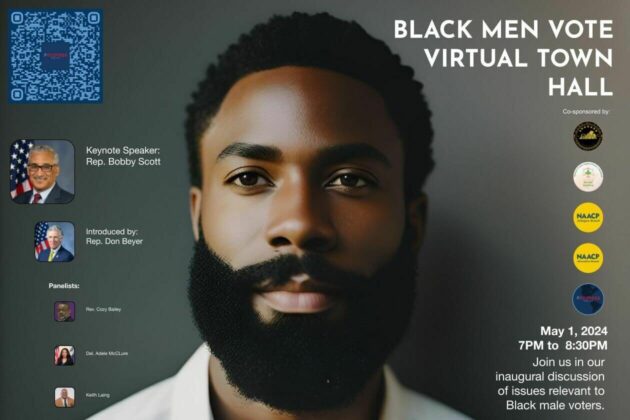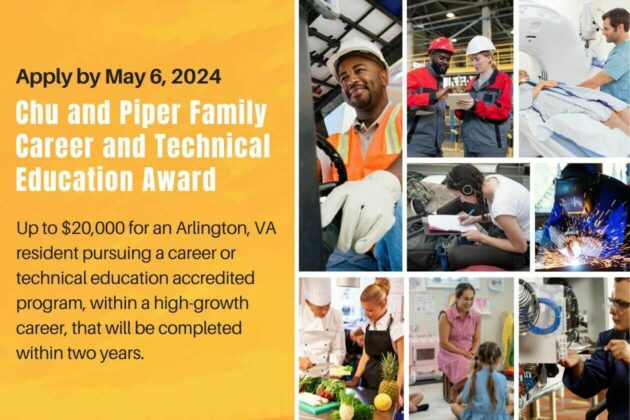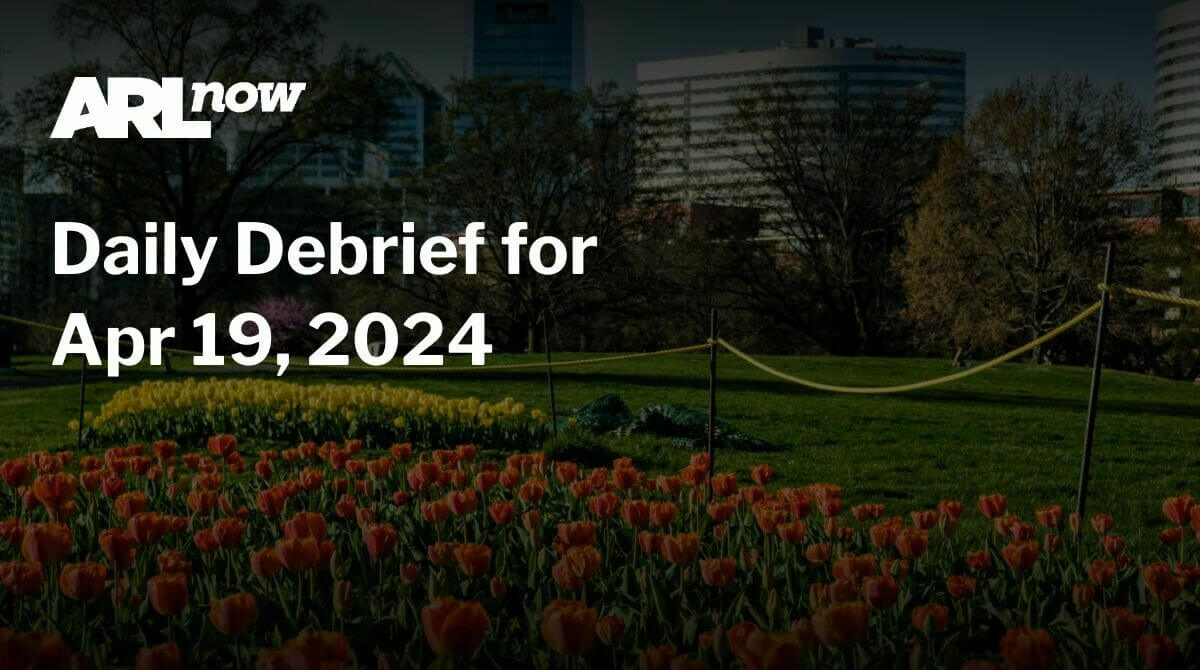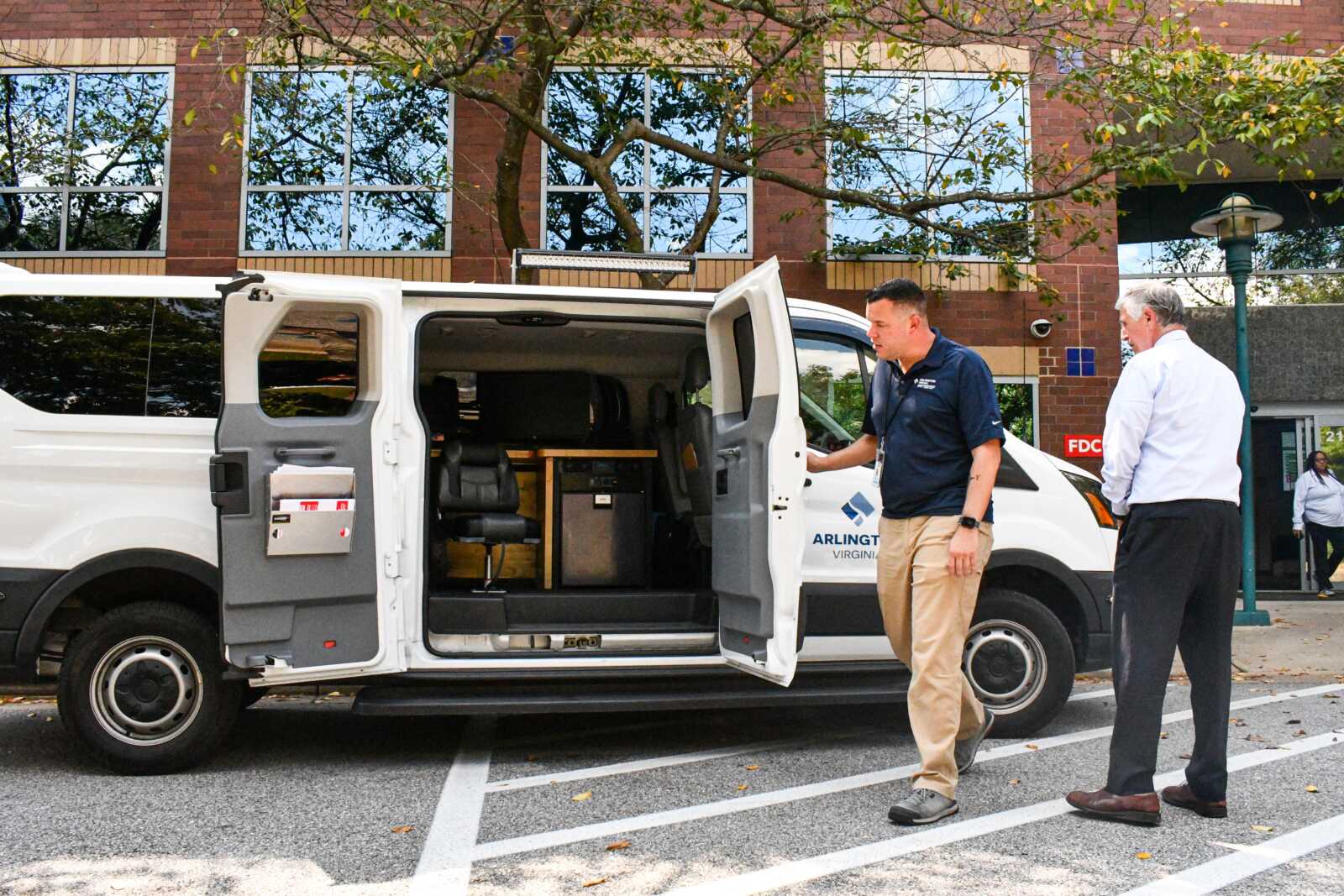Peter’s Take is a weekly opinion column. The views and opinions expressed in this column are those of the author and do not necessarily reflect the views of ARLnow.com
On July 14th, APS chose the best of a bad series of options by deciding to reopen schools 100% virtually.
All the options were bad because of a public health failure:
Outrage over schools’ inability to fully reopen should not, of course, be directed at schools themselves, but at the public health failure that makes it impossible for most of them to do so.
COVID-19 presents APS with a unique opportunity to take stock of what is working, abandon what is not, and creatively and equitably implement an effective 21st-century education for all.
Instructional and student achievement
Learning to read, spell, and write is a fundamental basis for all school learning, but APS’ reading achievement gap is widening. APS’ 2018/19 reading SOL pass rates by subgroups further prove that our minority communities (Black, Hispanic, Students with Disabilities, Economically Disadvantaged, and English Language Learners) will be the most impacted by APS’ virtual reopening. Their literacy skills lag behind their White, Asian, and Multiple Race peers (Black – 72%, Hispanic – 66%, White – 94%, Asian – 86%, Multiple Races – 92%, Students with Disabilities – 54%, Economically Disadvantaged – 63%, and English Language Learners – 38%.)
For students struggling to read and/or write, learning new content and demonstrating mastery in any subject area already was challenging in a 100% in-person learning environment. Students with poor literacy skills, who are required to work more independently in the virtual learning environment, will face even bigger challenges for APS to overcome.
Instructional delivery and access
Will technology save the day? In 2013, APS began a 1:1 device program. By 2018, every 2nd – 12th grader had an iPad or MacBook Air laptop to provide instructional content delivery. Throughout the 1:1 rollout, community members expressed very serious concerns about the health impacts of increasing student screen-time, the lack of demonstrated measurable outcomes, and the funding required to maintain the 1:1 program.
In March, when all APS students were sent home, devices with internet connectivity became necessary for all students to access instructional content virtually. APS utilized state funding to purchase 1:1 devices and internet access to ensure all K-12 APS students could virtually access their education. But the following issues that existed (and were largely unaddressed) before March are now magnified:
- How will virtual learning affect student screen time, especially for our youngest learners?
- How will APS measure the effectiveness of the 1:1 program?
- What teacher, student, and family training are necessary to ensure that everyone has sufficient expertise in using their assigned devices?
- What instruction is possible without the use of devices if students do not return to in-person instruction?
- What degree of parent/family/non-APS adult involvement will be required for virtual learning and what is realistic?
Operations & management
APS historically has utilized a site-based management organizational structure, enabling principals to have a high degree of decision-making power to determine how the students in their buildings are educated. Unsurprisingly, this has produced a system-of-schools instead of a school-system culture, leading to a wide range of troubling inconsistencies in many areas such as core curriculum content and delivery, teacher training, and resource availability.
Conclusion
APS teachers, parents, and staff are doing the best they can when faced with the COVID-19 health crisis. APS should only reopen schools when it is safe to do so from a public health standpoint, specifying what safety will require and what it will cost.
Now:
- APS must improve its literacy instruction, which should include both in-person and virtual instructional models of delivery.
- APS must incorporate/leverage old-fashioned paper-and-pencil resources in addition to high-tech/online resources to minimize student screen time.
- Staff, students, and families need training on devices, connectivity, and navigating online resources.
- Consistency requires that APS shift to a centralized management model with an effective feedback and accountability loop between schools and the central office.
- APS and the County must break down historical silos of what is considered “County” or “school” needs to truly collaborate in making a finite amount of possibly shrinking local tax revenues meet our community’s growing needs.
Peter Rousselot previously served as Chair of the Fiscal Affairs Advisory Commission (FAAC) to the Arlington County Board and as Co-Chair of the Advisory Council on Instruction (ACI) to the Arlington School Board. He is also a former Chair of the Arlington County Democratic Committee (ACDC) and a former member of the Central Committee of the Democratic Party of Virginia (DPVA). He currently serves as a board member of the Together Virginia PAC-a political action committee dedicated to identifying, helping and advising Democratic candidates in rural Virginia.
Recent Stories

For Immediate Release
Progress for All Announces Inaugural Black Men Vote Virtual Town Hall
Date: April 19, 2024
Contact: Marc M. M. Peters

The Award is available to recent high school graduates and non-traditional students (see the application for more details). Each recipient may be awarded up to $20,000. Applicants are required to submit an online application form as well as a short video application.
The applicant must be an Arlington resident pursuing a career or technical education accredited program, within a high-growth career, that will be completed within two years.
The careers and programs include, but are not limited to:
-
Audio, Video, and Sound Engineering Technicians
-
Broadcast Technicians
-
Commercial Drivers
-
Culinary Arts
-
Early Childcare Education
-
Healthcare
-
Information Technology and Computer Science
-
Manufacturing and Skilled Trades (including welding, auto and aviation mechanics and technicians)
-
Public Safety
ACFCU’s Free Homebuying 101 Webinar: Steps to Getting Pre-Approved
Are you ready to jump into homeownership, or have you started considering it but don’t know where to start?
Financial preparation is key when thinking about purchasing your first home and the first step to getting pre-approved. Join ACFCU for
Sweeney Todd
A victim of a gross injustice that robbed him of his wife and child, Sweeney Todd sets about exacting a terrible revenge on society.








